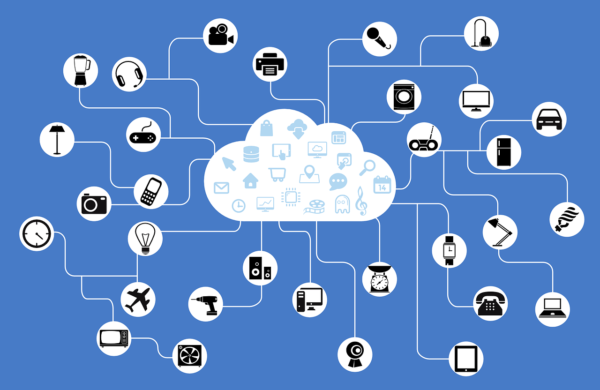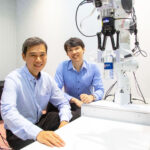
Cybersecurity is one of the oft-mentioned dangers that come with the growing number of connected devices that we place in our homes, offices and just about anywhere to tell us about the weather, order coffee capsules or open a door.
Think of the digital door locks that now come with Wi-Fi. Once connected, these devices need to be secured with regular updates as vulnerabilities are discovered.
However, like so many consumer electronics, new devices are eventually sent to the end-of-life bin after a few short years when new models arrive.
Yet, the old devices, like that connected digital lock, are still connected and vulnerable to cyber threats long after their manufacturers have moved on.
Such risks of this Internet of Forgotten Things are well documented. Cybersecurity, clearly, is something that businesses and consumers have to be aware of when it comes to buying and hooking up new smart gadgets at an unprecedented pace.
The other danger is the data that these gadgets will continue to collect, which will eventually feed a future artificial intelligence (AI) system to purportedly better our lives.
In other words, old data keeps flowing into a new AI analysis tool that isn’t smart enough to know that the outdated resource is making it come up with bad or inaccurate analysis.
Imagine, for example, a faulty or inaccurate temperature sensor that keeps reporting the wrong temperature to a smart home or building control system, which then switches on the air-conditioning unnecessarily. A high electricity bill is one obvious issue. Unnecessary environmental impact is another.
In more complex connected systems, say, in a smart building, the impact could be more drastic. A lift maintenance system, for example, relies on the sensors in the lift system to remind operators when to proactively service the lift.
What if the these sensors are out of date, or worse, forgotten over the years as the lifts are upgraded? Do they keep reporting the old data that does not reflect what is really happening? A lift breakdown could be on the cards. Worse, the safety of passengers could be an issue.
Of course, you should always “scrub” the data to make sure that you get the right numbers in. You should reconcile conflicting records, for example, but this is a task that is getting more complex by the day, as more data flows in from more connected devices.
The growing network of IoT devices is becoming hard to track, just like how organisations are struggling to monitor all the cloud resources spinning up all the time.
Will an AI of the future be able to discard information that is outdated and could affect the final analysis? Will it be able to learn how to discern such a situation?
In the 1979 Star Trek movie, a space probe that was sent into space a long time ago recorded and learnt so much during its travels that it became a sentient being. It came back to its human makers to seek meaning.
That’s science fiction, of course, but the question of what machines make of the data that is increasingly collected, generated, analysed, stored and shared is something that should be asked more often.
Already today, in many machine learning algorithms, the humans who created them are no longer able to understand how they arrive at a certain conclusion. People are told to simply trust that the results are sound.
If that is so, it follows that the data that the analysis is based on has to be sound as well. That is already a difficult challenge today with the information overload that we have simply offloaded to machines to take care of.
What will be a perfect storm in future? Think of old, inaccurate data from forgotten devices being used by new AI as a crucial raw resource for intelligence and decision making.
What may be worse than data being stolen? That’s data being used to come to the wrong conclusions, especially in a future where these decisions are increasingly not made by humans.






